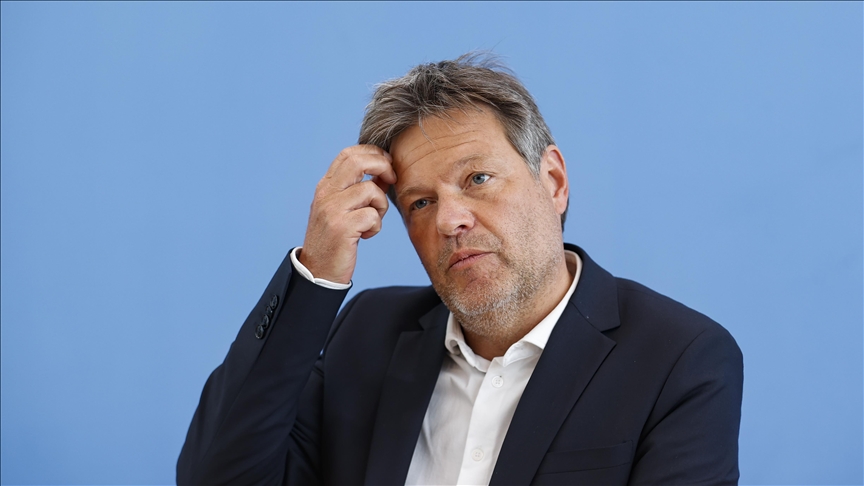Germany’s economy continues to face significant challenges, with fears of a technical recession looming. Economy Minister Robert Habeck addressed these concerns, highlighting the factors contributing to the ongoing economic downturn.

Germany’s economic troubles have proven to be more stubborn than the current government anticipated, according to Vice Chancellor Robert Habeck (Greens). Speaking to journalists in Berlin on August 14, Habeck noted that the economic recovery has been repeatedly delayed, despite earlier signs of improvement. “This is not something that can be resolved with a snap of the fingers,” he emphasized, pointing to the country’s heavy reliance on trade with China, which is also experiencing economic difficulties.
Habeck further explained that the lack of necessary investments in infrastructure and the delayed response to the shortage of skilled workers have compounded the problem. “These issues are now taking their toll,” he said.

Germany on the brink of recession: GDP shrinks by 0.1%
Germany is teetering on the edge of a recession, with its Gross Domestic Product (GDP) shrinking by 0.1% in the second quarter of the year. This follows a modest growth of 0.2% in the first quarter. A technical recession is defined by two consecutive quarters of economic contraction.
Calls for increased investment and cooperation from the states
Habeck stressed the need for stronger incentives for investment, while expressing some optimism that interest rates might decrease in the second half of the year. He also urged the swift implementation of measures to strengthen Germany as a business location, referring to the government’s “growth initiative.” “These measures should be implemented quickly,” he urged, expressing hope that the Bundesrat, Germany’s federal council, will support these efforts this time around.









